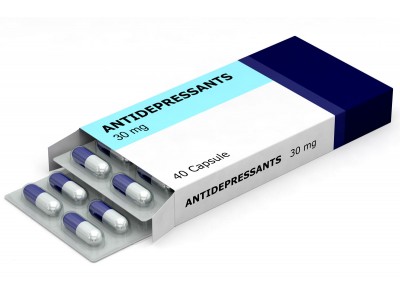Determining the "best" and "quickest" antidepressant can vary widely based on individual factors such as the type and severity of depression, overall health, and personal response to medications. Antidepressants typically take several weeks to start showing significant effects, as they work by gradually altering brain chemistry to improve mood and alleviate symptoms of depression.
Selective serotonin reuptake inhibitors (SSRIs) and serotonin-norepinephrine reuptake inhibitors (SNRIs) are commonly prescribed classes of antidepressants. Examples of SSRIs include medications like fluoxetine (Prozac), sertraline (Zoloft), and escitalopram (Lexapro), while SNRIs include venlafaxine (Effexor) and duloxetine (Cymbalta). These medications are often preferred as first-line treatments due to their effectiveness and generally tolerable side effect profiles.
In some cases, a medication's effectiveness can vary from person to person, and what works well for one individual may not be as effective for another. Factors such as genetic predisposition, underlying health conditions, and concurrent medications can influence how well an antidepressant works and how quickly it takes effect.
In emergency situations or severe depression, other treatments such as psychotherapy, hospitalization, or combination therapies may be considered alongside antidepressant medications to achieve the quickest and most effective improvement in symptoms.
Ultimately, the choice of antidepressant and the speed of response should be determined by a healthcare provider based on a thorough assessment of your individual circumstances and preferences. It's important to work closely with your healthcare team to find the most appropriate treatment that not only addresses your symptoms effectively but also suits your overall health and lifestyle.
